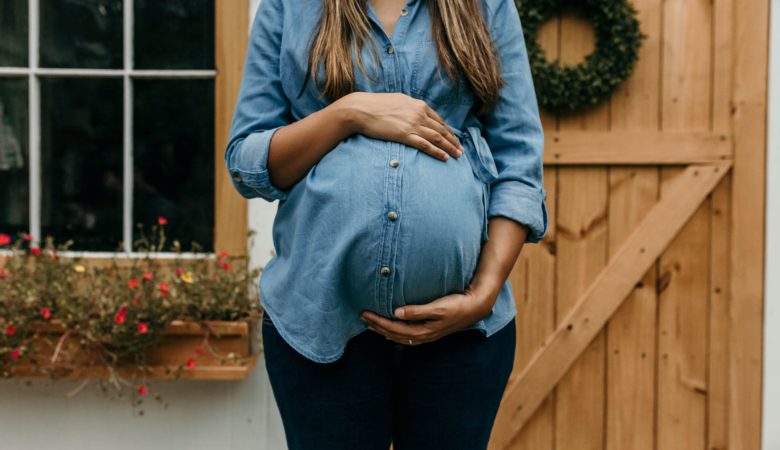Birthrates and Population are on the Decline. What Does it Mean for Our Planet’s Future?

Back at the beginning of the COVID-19 pandemic, there were a lot of jokes about baby booms and a generation of “Quaranteens” in 2033. Despite the predictions—and the long lockdowns—the American birthrate is on the decline. According to the CDC, the United States birthrate has been dropping—both by population and proportion—in the last six years.
It turns out that in a global pandemic and amidst massive economic uncertainty, climate change and unemployment, people aren’t really in the baby-birthing mood. Is this a bad thing, like most politicians would have you believe? Is it actually good for the planet? It depends on who you ask. Here’s an overview of what the experts believe.
Why is the birthrate dropping?
There are a number of reasons why people are having children later in life, if they’re having them at all. One big reason, of course, is the COVID-19 pandemic. Births in December 2020 were at an eight percent decrease compared to December 2019. Even though people were locked up in their homes together, it seems that the devastation and uncertainty are not exactly conducive to bringing new life into the world. In fact, abortions were on the rise, even though it became more difficult to get them—both for medical reasons as well as legislation threatening access.
On top of the pandemic, which is frightening enough for prospective parents, unemployment was at an all time high. It reached nearly 15 percent in April 2020, with a labor force participation rate of 60 percent—the lowest it had been in nearly 50 years. In other words, people were (and still are) jobless and broke. That’s not a situation anyone wants to bring a child into, especially with childcare and student debt skyrocketing. Plus, people have been waiting longer and longer to have children these days. And since the pandemic disproportionately affected women, in both the workforce and with domestic responsibilities, it’s no wonder that fewer people are ready to pop out babies.
Of course, this isn’t entirely unexpected: births tend to drop off after economic crises, and usually recover. But with immigration down, too, the United States saw 25 states with more deaths than births last year.
Is it a bad thing?
If you listen to politicians and the media, a declining birthrate is a bad thing. One of the reasons is because there will be an inverted age structure, where there are far more old people than younger ones. That puts a strain on social support systems—and who will pay the taxes that keep these programs going?
Some experts predict that countries will need to start incentivizing migration (which is hard to imagine in the current United States political climate) in addition to incentivizing having children. Many countries are trying. The BBC reports that “Some countries have tried policies such as enhanced maternity and paternity leave, free childcare, financial incentives and extra employment rights, but there is no clear answer.”
…or is a declining birthrate good for the planet?
Maybe a declining birthrate is good for the planet, though. Although there’s going to be major social upheaval in the coming decades, that isn’t necessarily a bad thing. First of all, the fact that women can choose whether they have children is an important human right. Second, the birthrate is declining everywhere—not just places where contraception and abortion access are prevalent.
As this TIME article points out, a declining birthrate might just buy us the time we need to overhaul our governments, work together to halt climate change and adapt to the changing world. “Overpopulation isn’t the human catastrophe it was made out to be in the 1970s… But the number of people on the planet — and the amount of the stuff they use — is the basic multiplier for nearly all environmental woes, from deforestation to climate change. …[T]he environment is the real victim of overpopulation.”
Ms. magazine agrees and notes that the declining birthrate is a social issue as well as economic and environmental. “If we don’t talk about population growth, or if we ignore it completely and sound the alarm over a “baby bust,” we miss a chance to push back against harmful rhetoric and promote just and equitable solutions to a growing population—like the education and empowerment of women.”
In short, this “baby bust” could be devastating to the global economy—or it could finally afford us the opportunity to see social, environmental, economic and reproductive justice carried out.

